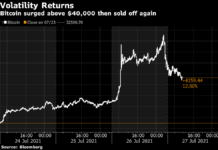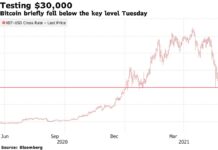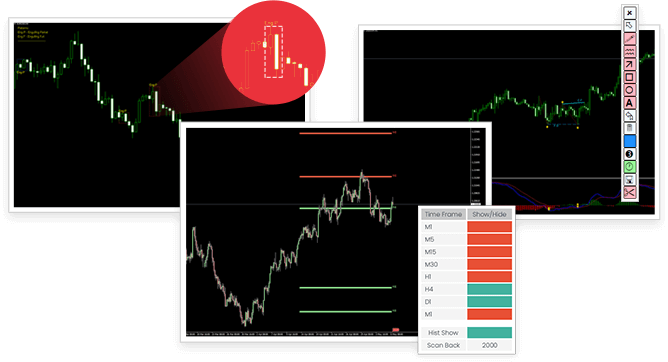
Venezuela government partner with cryptocurrency Petro to finance villas for the homeless. As the popularity of cryptocurrencies continues to increase, it is not just investors who are looking to benefit. Governments around the world are seeking to capitalise on the potential these cryptocurrencies possess. For example, developing countries are using cryptocurrencies to further improve financial inclusion. In countries such as Pakistan, Chad, Burundi, Niger, Yemen and Cameroon, less than 15 percent of adults possess a bank account. Due to this they are restricted from accessing global commerce. Cryptocurrencies such as MPesa and BitPesa are looking to bridge this gap and provide banking services for those in developing countries.
Therefore it is no surprise that the Venezuelan government are looking to do the same. Recently the minister for Housing and Habitat, Ildemaro Villarroel, revealed the government’s plans to construct villas for the homeless through its oil-backed cryptocurrency, the Petro. These plans follow the government’s housing project. According to sources this project aims to give the homeless of Venezuela decent and accessible housing through local community data, further reducing the family homelessness.
According to Telesur, approval has been given by the government so that 75bn bolivars, which is equivalent to approximately $750,000 can be used to build the new houses. Venezuelan leader Nicolas Maduro notes the benefits of the cryptocurrency as it can help to shield housing construction in the state. Venezuela has a history of using the Petro in a variety of projects, presumably to pump demand. It was in early 2018 that India was offered a discount worth 30% for crude oil if it paid with Petros, to which India rejected. The government believe the effects of the Petro will be felt within three to six months.
However the Petro has been met with criticism from the Brookings Institute who claim the Petro undermines legitimate cryptocurrencies. Brookings believe Venezuela used the Petro as a way of bypassing international laws and potential sanctions to increase foreign capital. In response the government has claimed it will be used to pay for taxes, public services and fees. Further criticisms of the Petro have come from the United States with President Donald Trump banning U.S. citizens from investing in it. This move has further increased the pressure on Venezuelan President Nicolas Maduro, who introduced the Petro to counter the countries failing economy.
Although the Petro has received such criticisms, it remains a viable option for governments who seek to raise capital, as the popularity of cryptocurrencies continues to rise. Venezuela’s currency, the Bolivar, is currently worth 0.00003 USD, suffering from quadruple figure inflation. It is no surprise therefore that Maduro opted for a viable alternative to counter the countries dwindling economy. After the Petro’s initial launch, Venezuelan reports claimed it raised $735 million. Furthermore, the Petro is backed by Venezuela’s oil reserves, being some of the largest in the world. With this the government can use the Petro to fund various state projects, including the GMVV. This move may be replicated across the world in developing countries who seek to gain global commerce through the use of cryptocurrencies, bypassing traditional banking measures. However, the outright ban of the Petro in the USA remains a worry going forward.














Good to know about this plan